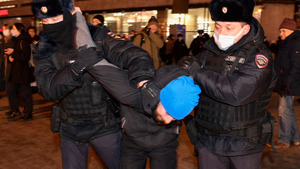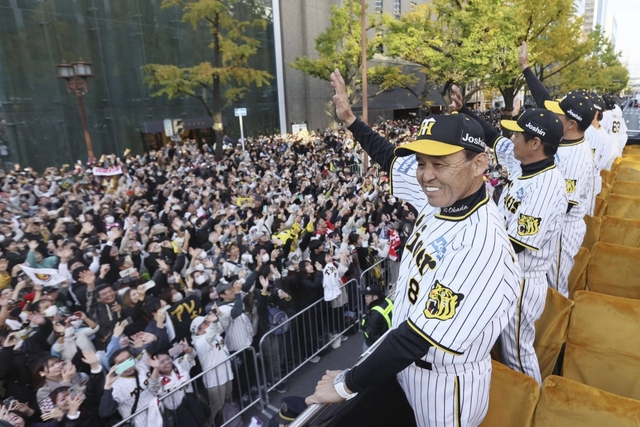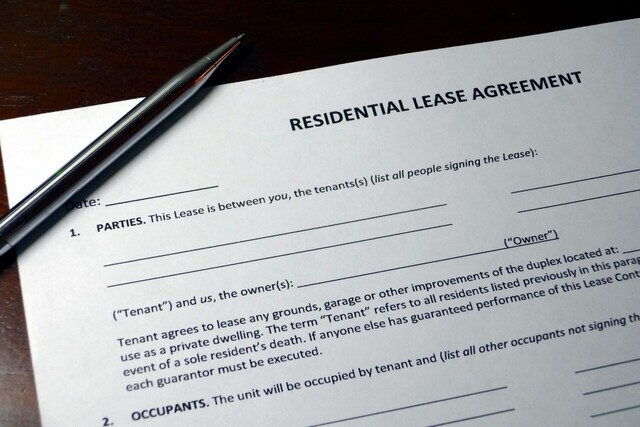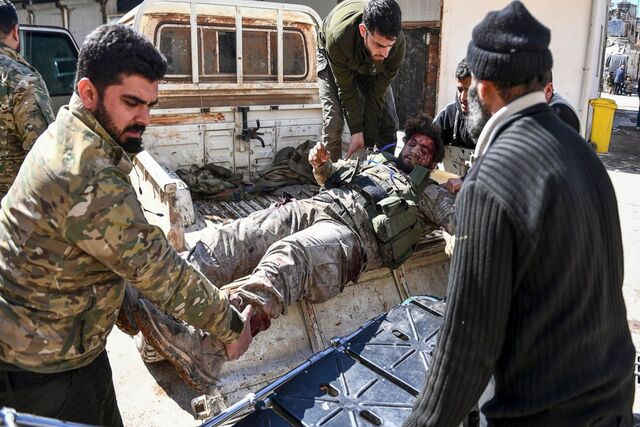What will get you charged with making the Armed Forces look bad?
Russian lawmakers have passed a number of harsh laws since the invasion of Ukraine began. Two of these laws, one criminal and one administrative, make it illegal to report on the war independently and to protest it in any way.
“Protect the Armed Forces” changes were made to Article 20.3.3 of the Administrative Code on March 4. OVD-Info says that the piece has been used against 556 people since then.
A lot of these cases don’t make sense. Someone was arrested in Moscow at the end of March for a sign that had eight asterisks on it. Peace activists had been caught before for holding blank paper, the book “War and Peace,” a quote from George Orwell, and other things that seemed harmless.
Alexandra Arkhipova, an anthropologist, used open data from social networks and the media to find out what kinds of acts have been prosecuted most often under the new law. She found that most of the time, people are jailed for going to protests or gatherings, even if they are just one person.
Said things on social networks are the second most common offense. It is against the law to make comments, posts, or reposts, and more than 100 people have been charged. In third place is writing on walls. Arkhipova said that there are a lot of slogans on public walls in big cities with lots of educated and young people.
“It is worth noting that some of the people who have drawn anti-war graffiti or inscriptions have been charged with ‘vandalism’ and are not included in this database,” she said.
It is safe to add “two dozen more people convicted of vandalism” to this number. The recent prosecution of documentary director Sergei Yerzhenkov for writing “Putin, go away!” on a monument to Lenin is a striking example of this kind of law enforcement.
Arkhipova has come to the conclusion that writing might be a better way to get your point across.
“I get hundreds of graffiti all over the country [as part of another study], and that’s not even counting just the ‘No to War’ slogan and a lot of unique drawings,” she explains.
Arkhipova said that the new changes are a lot like Article 58-10 of Stalin’s Criminal Code, which was about “propaganda and agitation.”
“That article could also be used for a joke, a leaflet, or a letter from someone you don’t know. This shows that 20.3.3 can be used for other things too, like spoken comments, not just when a police officer hears them. It’s true that people have been accused,” Arkhipova said.
I agree with her, says lawyer Anastasia Burakova. “Of course, this legal item is made of rubber that can be stretched to fit anything. But since saying these things about the war is not illegal, it is clear that the law goes against the Constitution. It is the right of every person to say what they think and feel,” she said.
If someone spits out the letter “Z” or a protester holds up a box of meat from the company Miratorg with part of the name crossed out so that it only says the Russian word for peace, that is also against the law.
“There are also counter-messages, which are when a message about the war is embedded in some neutral or official message,” Arkhipova stated. As an example, she says that the price tags in Kazan’s stores have been changed to say things against the war.
The piece is especially dangerous when it is broken more than once. Lawyers said it could lead to a criminal charge. But Burakova says it’s hard to give legal advice in these cases because it’s almost impossible to stay safe if you want to speak out against the war.




















